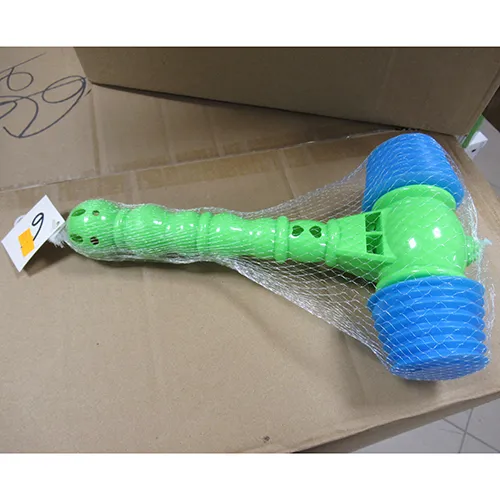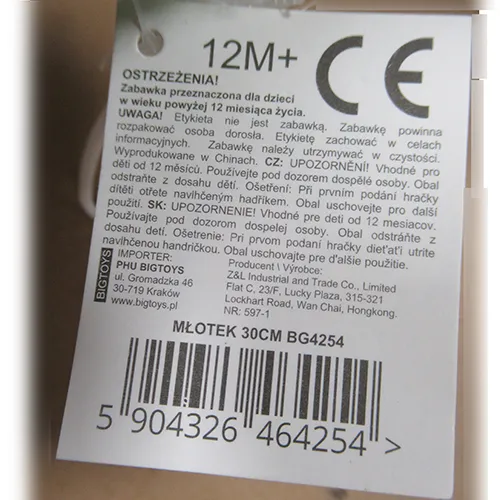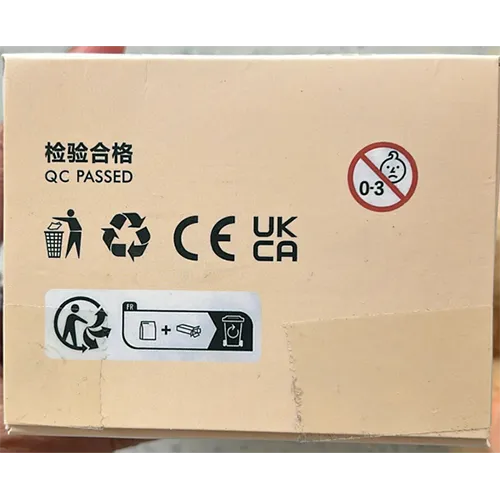InfoCons Consumer Protection Alert : BIGTOYS – Plastic toy
BIGTOYS – Plastic toy
Name: Mlotek 30cm
Category: 10
Date: 2025-11-21
Product Category: Toys
Risk Type: Damage to hearing
Danger: The sound pressure level produced by the toy is too high (measured value up to 118.6 dB). This could lead to permanent or partial hearing loss. The product does not comply with the requirements of the Toy Safety Directive nor with the European standard EN 71-1.
Measures: Type of economic operator taking notified measure(s): ImporterCategory of measure(s): Withdrawal of the product from the marketDate of entry into force: 07/10/2025Type of economic operator taking notified measure(s): ImporterCategory of measure(s): Warning consumers of the risksDate of entry into force: 07/10/2025
Description: Plastic toy hammer, size 30 cm. The toy emits sound while shaken or when it hits surface.
Notifying Country: Poland
Country of Origin: People’s Republic of China
Alert Type: Consumer
Alert Level: Serious risk










